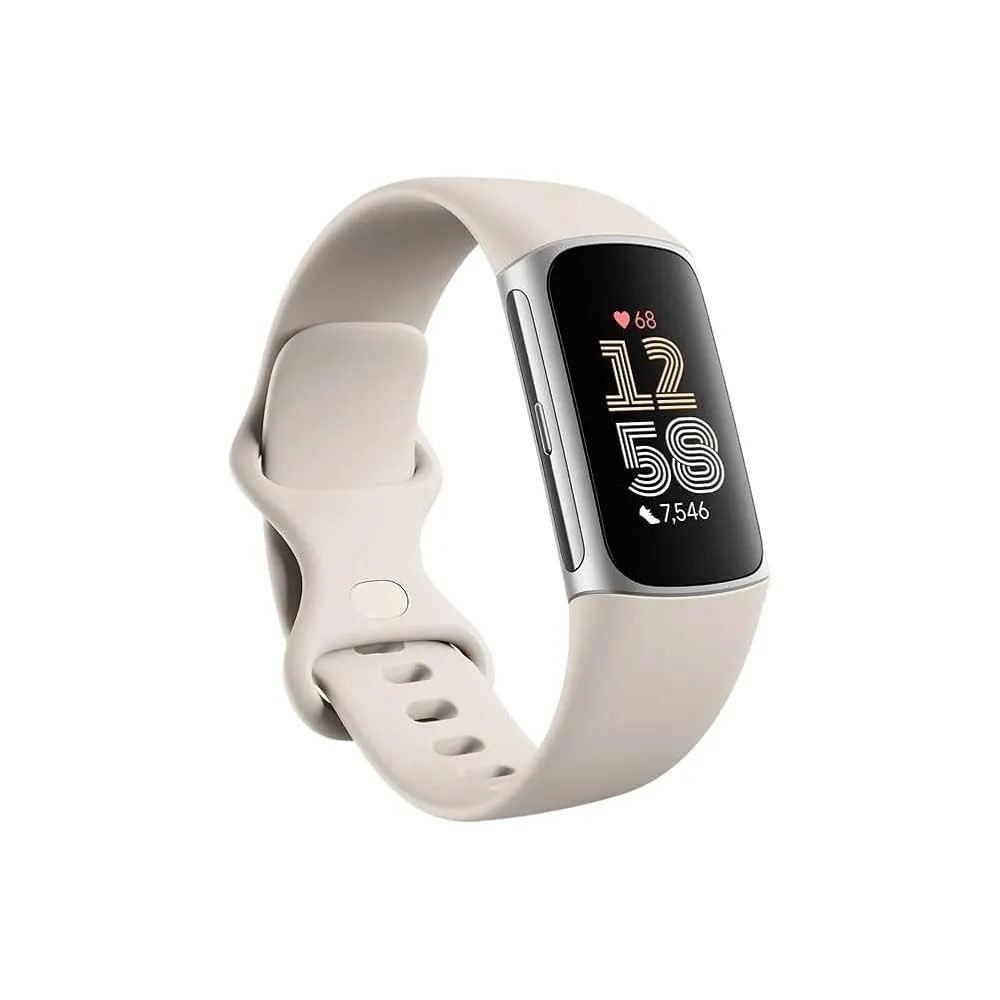
Top Premium Fitness Trackers of 2025: Whoop, Garmin, and Fitbit

 :
| Updated On: 18-Sep-2025 @ 11:45 am
:
| Updated On: 18-Sep-2025 @ 11:45 amSHARE
In 2025, the market for premium fitness trackers has reached a new level of sophistication, offering devices that are not only sleek and stylish but also packed with an array of advanced health and fitness features. Unlike early wearables that primarily focused on counting steps, today’s fitness trackers provide comprehensive health monitoring, integrating real-time heart rate measurement, blood oxygen saturation (SpO2) tracking, sleep quality analysis, and personalized fitness insights. These trackers are designed to cater to a wide range of users, from regular gym-goers and athletes to individuals seeking to build healthier daily routines.
One of the notable trends in 2025 is the focus on smarter tracking capabilities. Modern wearables are capable of capturing a vast amount of physiological data and converting it into actionable insights. Heart rate monitoring, for instance, goes beyond just measuring beats per minute; advanced trackers now provide continuous heart rate trends, resting heart rate analysis, and even ECG (electrocardiogram) readings to detect irregular heart rhythms. Similarly, SpO2 tracking, which measures the oxygen level in the blood, has become a standard feature, allowing users to monitor their respiratory health and identify potential issues early.
Sleep tracking has also evolved significantly. Instead of simply logging sleep duration, premium trackers now analyze sleep stages, interruptions, and overall sleep quality. They can provide personalized recommendations to improve sleep patterns, which is critical for overall health, recovery, and performance. Additionally, activity and workout tracking have become more sophisticated, with many devices capable of recognizing and automatically tracking a wide variety of exercises. This allows users to receive tailored insights and performance metrics for specific workouts without manual input.
Among the leading options available in India, the Fitbit Charge 6 exemplifies the integration of smart technology and comprehensive fitness tracking. Fitbit has consistently positioned itself as a brand that combines user-friendly features with robust health monitoring, and the Charge 6 continues this tradition. One of its standout features is ECG capability, which provides advanced heart monitoring to help detect irregularities. The device also includes built-in GPS, enabling precise tracking of outdoor activities such as running, cycling, and hiking. Additionally, its SpO2 monitoring feature ensures users can keep a close eye on their oxygen saturation levels, which can be particularly useful during high-intensity workouts or for individuals with respiratory conditions.
The Charge 6 supports automatic workout detection for over 40 different exercise types, including strength training, yoga, running, swimming, and more. This reduces the need for manual logging and ensures that all activity data is accurately recorded for analysis. The device’s bright AMOLED screen is another highlight, providing clear and vibrant visuals. Users can access Google Maps, manage digital payments via Wallet, and even control YouTube Music directly from their wrist, making the tracker not only a health device but also a versatile everyday accessory.
In summary, premium fitness trackers in 2025 have transcended traditional step-counting functionality to become comprehensive health and lifestyle tools. Devices like the Fitbit Charge 6 combine advanced sensors, intelligent tracking, and convenient smart features to provide users with deep insights into their fitness, sleep, and overall well-being. With such capabilities, these wearables cater to a wide audience, from fitness enthusiasts to those simply looking to maintain healthier habits. As technology continues to evolve, the line between health monitoring and smart lifestyle devices continues to blur, offering users unprecedented convenience, accuracy, and functionality in one compact package.